Two Men Persecuted in Xi’s China Tried to Escape. Only One Succeeded.
Just minutes into a clandestine dash across China’s southern border, Lu Yuyu found himself struggling for breath. He was trekking through damp farmland to skirt a checkpoint, but the mud coated his legs and slowed him down. His chest felt as if it might burst, so he hunched over to rest.
His guide had no patience. Fearing detection by border guards, the guide grabbed Yuyu by the arm and dragged him forward. They trudged onward, step by step, through their hourslong journey into Laos. Yuyu wasn’t giving up. The activist blogger in his mid-40s had already spent four years in custody for his work documenting social unrest.
“Leaving China and not living in fear was my only choice,” he said.
Two months later, Lu Siwei would try to make a similar escape, following a similar route. The two men didn’t know each other, but beyond sharing a surname, they had other similarities. Siwei, who was 50 at the time, had also run afoul of the ruling Communist Party in his work as a lawyer taking on politically sensitive cases.
His wife and daughter had already left for the U.S. in 2022, and he was determined to find some way to join them. “My thought was: Get out first and deal with things later,” he said.
Authorities had blocked both men from leaving the country as a way to penalize their activism. Both no longer saw a future in China under leader Xi Jinping, whose tightening of political controls left almost no room for dissent. Both spent weeks plotting a way past China’s border controls and through to Thailand, where they hoped they could fly to North America.
Only one of them would succeed.
They joined a growing number of Chinese citizens trying to relocate abroad, whether to seek new opportunities or evade political persecution—part of the growing throngs around the world pursuing asylum in North America and Western Europe.
UNHCR, the United Nations’ refugee agency, counted nearly 121,000 Chinese seeking asylum in mid-2023, up from roughly 15,400 at the end of 2012, the year Xi took power.
China’s remote, mountainous boundaries with Vietnam and Laos offer many opportunities for slipping past border checkpoints and patrols—with help from locals and smugglers, at the right price. For years, these areas have been the favored jumping-off point for Uyghur Muslims fleeing government pressure in northwestern China, and North Korean refugees who sneak into China in hopes of getting to South Korea.
Chinese authorities have stepped up efforts to stem the outflow of activists and dissidents, in some cases retrieving those captured by law enforcement in Beijing-friendly countries.
Would-be escapees can make it “with planning, misdirection and surprise,” said Phil Robertson, deputy director of Human Rights Watch’s Asia division, but the willingness of countries like Laos and Cambodia to accommodate China’s repatriation requests creates “a dangerous gauntlet that dissidents need to run to reach freedom.”
This account of the two Lus’ escape attempts is based on interviews with both men, as well as with activists, humanitarian workers, officials and others who tried to help them.
Yuyu: ‘Provoking trouble’
Lu Yuyu’s decision to leave was years in the making.
A son of a farmer in the southern province of Guizhou, he struggled with his studies and drifted from job to job as a migrant worker before finding his voice by becoming—as he calls it—a “record-keeper,” publishing online tallies of protests, strikes and other forms of public unrest in China.
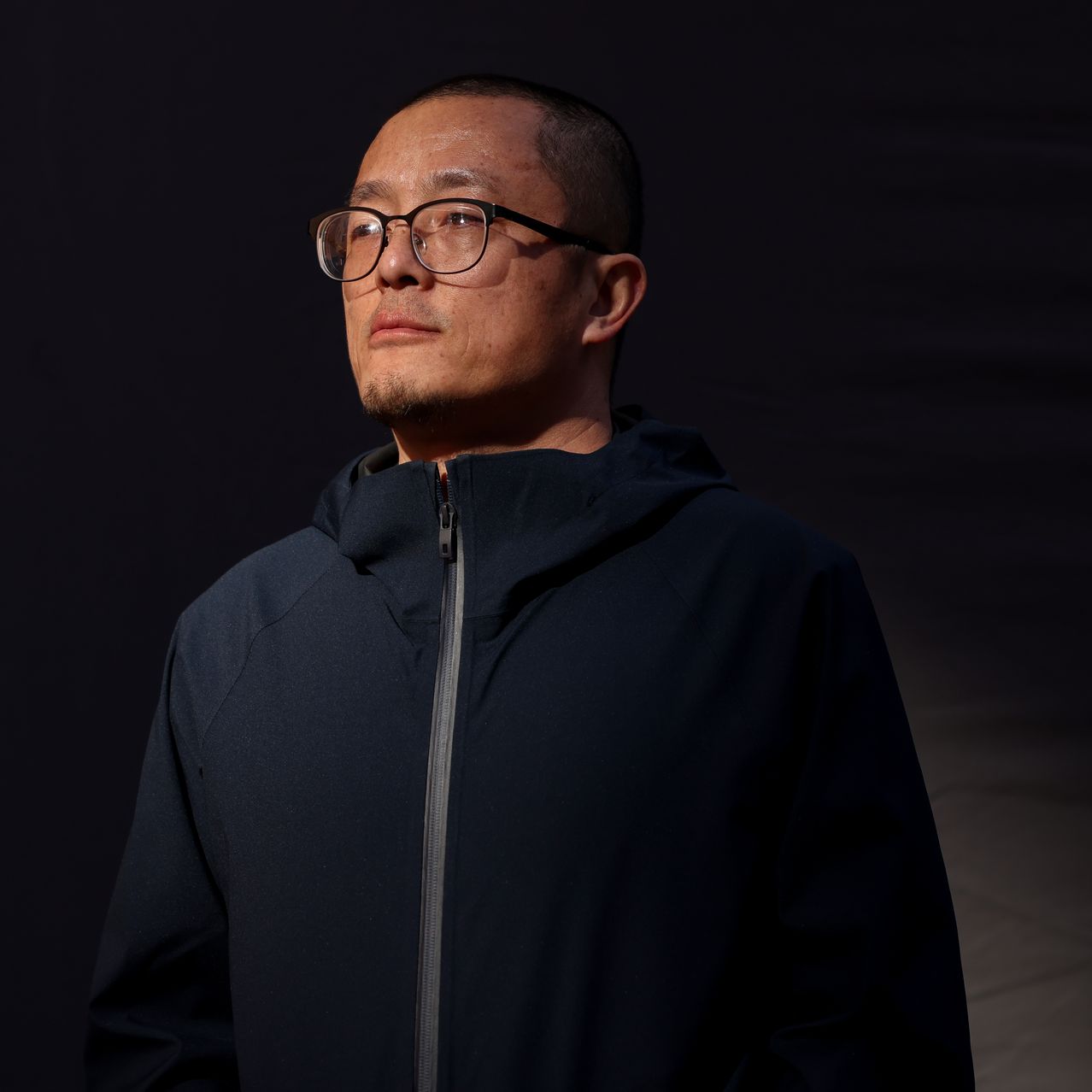
His data helped activists and academics monitor social tensions, but also drew government scrutiny. He was detained in 2016 and later jailed for “picking quarrels and provoking trouble,” a vague charge that Chinese authorities often use to prosecute dissidents.
After his release from prison in 2020, Yuyu struggled to find work. His landlord asked him to move, citing pressure from authorities. Police regularly summoned him for meetings. After he moved to the northeastern city of Dandong, officers traveled some 1,300 miles from Guizhou to check on him.
The constant scrutiny and bleak prospects wore Yuyu down. “I’d either go to jail, or I’d go crazy,” he said.
He didn’t have a passport and authorities blocked his application for one. Sneaking across the border at the time was nearly impossible with the government’s Covid-19 containment policies, which included close monitoring of people’s movements.
When China started lifting its Covid restrictions in late 2022, Yuyu saw an opening.
He first traveled to the southern Chinese region of Guangxi in April 2023, in part to test how quickly police caught on to his movements. Tapping savings and borrowing from friends, he pooled together the equivalent of 100,000 yuan, or almost $14,000, mostly in U.S. dollars. He went on hikes to build up his stamina.
Siwei: Exit ban
Around the same time, Lu Siwei was pondering his journey.
Siwei began his career as an insurance lawyer. In 2013, the year after Xi took power, he branched out to represent a family whose home was being forcibly demolished. His peers started referring more politically sensitive cases to him, and authorities came to target him as a human-rights lawyer.
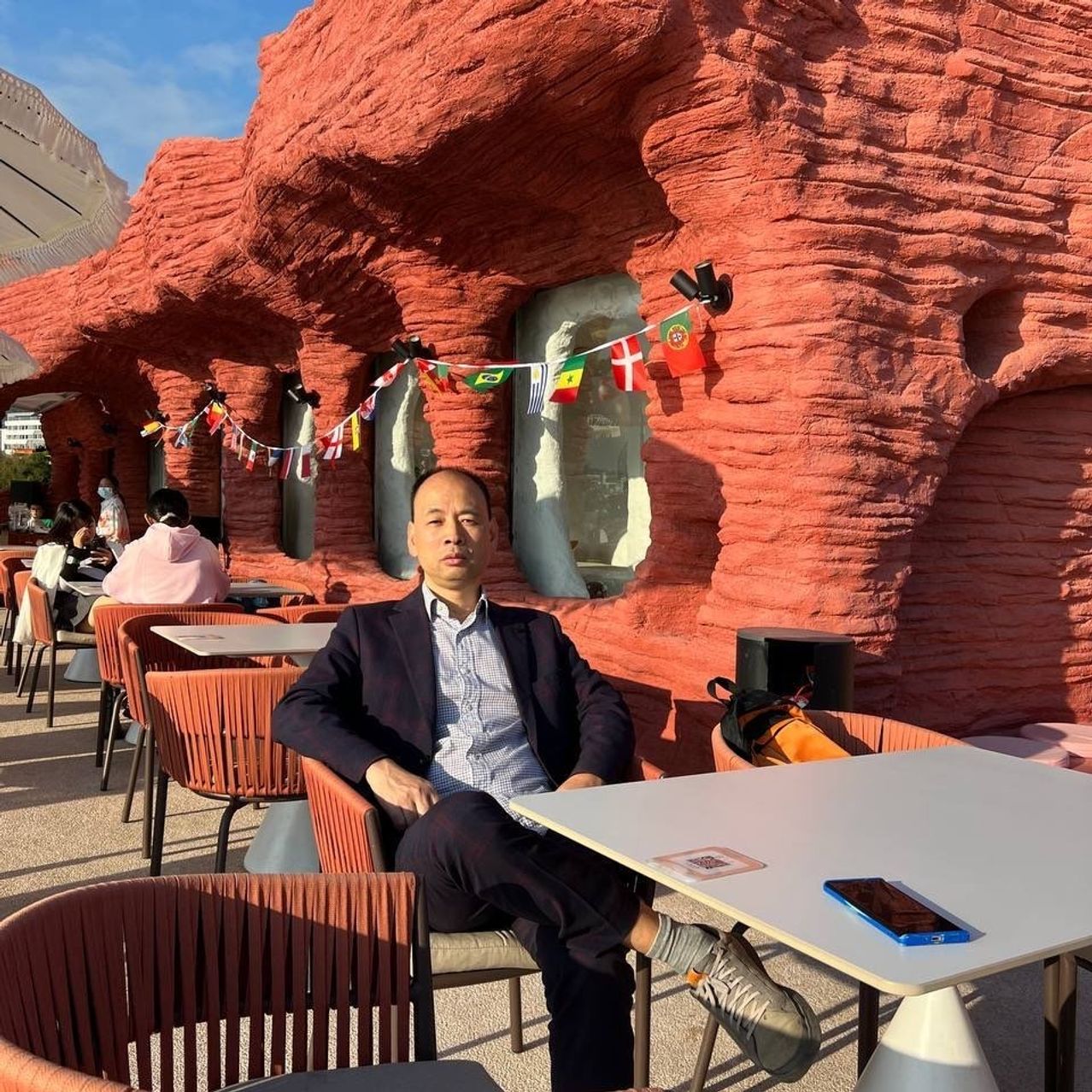
In late 2019, he attended a gathering of activists, academics and lawyers, where they discussed politics and social issues. Weeks later, he was stopped at the border while trying to travel to Hong Kong to attend a legal seminar. Police subsequently called him in for more than 10 hours of questioning.
Undeterred, he went back to representing people caught up in politically sensitive cases, including a Hong Kong pro-democracy activist who was detained by Chinese authorities in 2020 while trying to flee to Taiwan.
In January 2021, judicial authorities revoked Siwei’s legal license, accusing him of making improper remarks online that “severely damaged the image of the legal profession.” Border officials again stopped him from leaving later that year when he tried to travel to the U.S. for a visiting fellowship.
Siwei and his family resolved to get out. His wife and their daughter left first for the U.S. His police minders suggested his exit ban might be removed in the spring of 2023, but it remained in place.
He devised a rough route going through Vietnam and Laos to Thailand, where he would take a flight to the U.S. Despite the exit ban, he applied for and received a Laotian visa in June, but otherwise didn’t plan his escape in detail. The idea, he said, was to stay flexible and seize opportunities as they emerged.
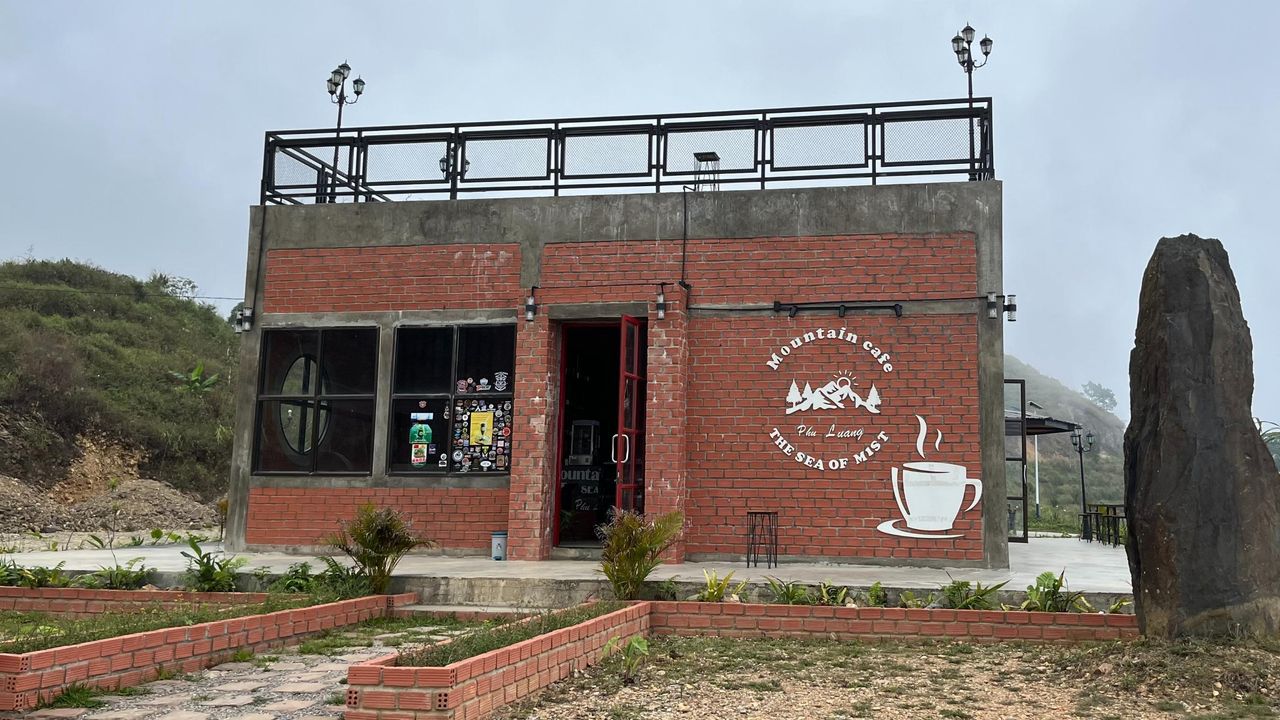
Yuyu: Border troubles
Lu Yuyu set off in May.
One Saturday evening, he booked a ticket for a flight the next morning to Xishuangbanna, a rural prefecture on the border with Laos. He bought a new SIM card for his phone, hoping to make it harder for police to track him.
In Xishuangbanna, he took a car from the airport to the border area, where people smugglers said they would get him into Laos for roughly 10,000 yuan (about $1,400 at current rates). That night, he followed a pair of guides as they moved by car, trekked on foot and rode a motorcycle in the dark—through farmland and tropical vegetation and up steep slopes—before Laotian handlers picked him up.
In Laos, the smugglers refused to accept U.S. dollars. He spent a couple of days in a local village trying to scrounge up Chinese yuan to pay them, and eventually had to ask a friend in Canada to transfer the money.
The next step was a car ride to the Laotian capital of Vientiane. Yuyu’s handlers told him to let them deal with any situation that came up, and not to show any fear or panic. At the very first police checkpoint, officers asked to see his identification papers—which he didn’t have.
“I was very nervous—it could be game over,” he said. But he stuck to the playbook, saying nothing while his handlers did their work. The officers eventually waved the car through, after the handlers slipped them a bribe.
Four more checkpoints, several rest stops and more than 20 hours later, Yuyu arrived in Vientiane. He took a couple of days to recuperate and find a local boatman to ferry him across the Mekong River into Thailand. The ride would be short but risky, with border guards patrolling the river.
Siwei: Border troubles
Lu Siwei’s journey began in July.
He traveled from his home city of Chengdu to Yunnan, where he paid 20,000 yuan—about $2,800—to a smuggler who helped him sneak past border patrols and fences into Vietnam, by motorcycle and on foot, over several hours.
He made it to Hanoi and laid low while his wife sought help from Bob Fu, a pastor and founder of ChinaAid, a U.S.-based rights group, who agreed to support Siwei’s journey to America.
After a car ride to the Vietnam-Laos boundary, Siwei hopped onto a motorcycle with a local who brought him across the border, where another car waited to take him to the Laotian capital. His next step was to catch a train the next day to Thailand, accompanied by two activists from ChinaAid.
He knew that leaving Laos by rail meant going through immigration checks. Siwei had his visa for Laos and another for the U.S. that he had secured in 2018. He didn’t have one for Thailand, which was required at the time, but as a Chinese national he could get one on arrival. He didn’t anticipate any problems.
On the morning of July 28, he went to the Thanaleng train station, near the Laotian-Thai border. An immigration official studied his passport, told him to wait, and went away. Siwei sensed something was wrong, but it was too late to back out. The official returned and directed Siwei into an office.
“I knew then that I was in trouble,” he said.
Officers handcuffed and questioned Siwei, saying his Laos visa was fake. He insisted that his visa was legitimate and revealed his plan to travel to the U.S., figuring that there was no point in lying. When he refused to unlock his two mobile phones, he said an officer hit him several times and tightened the handcuffs around his wrists.
“I was really scared. I was alone, with nothing on me and unable to speak their language,” he recalled. He gave in and unlocked his phones. He managed to text his wife, telling her that he was being detained. Laotian authorities confiscated his laptop, phones and more than $10,000 worth of cash, mostly in U.S. dollars. He wouldn’t see the cash again.
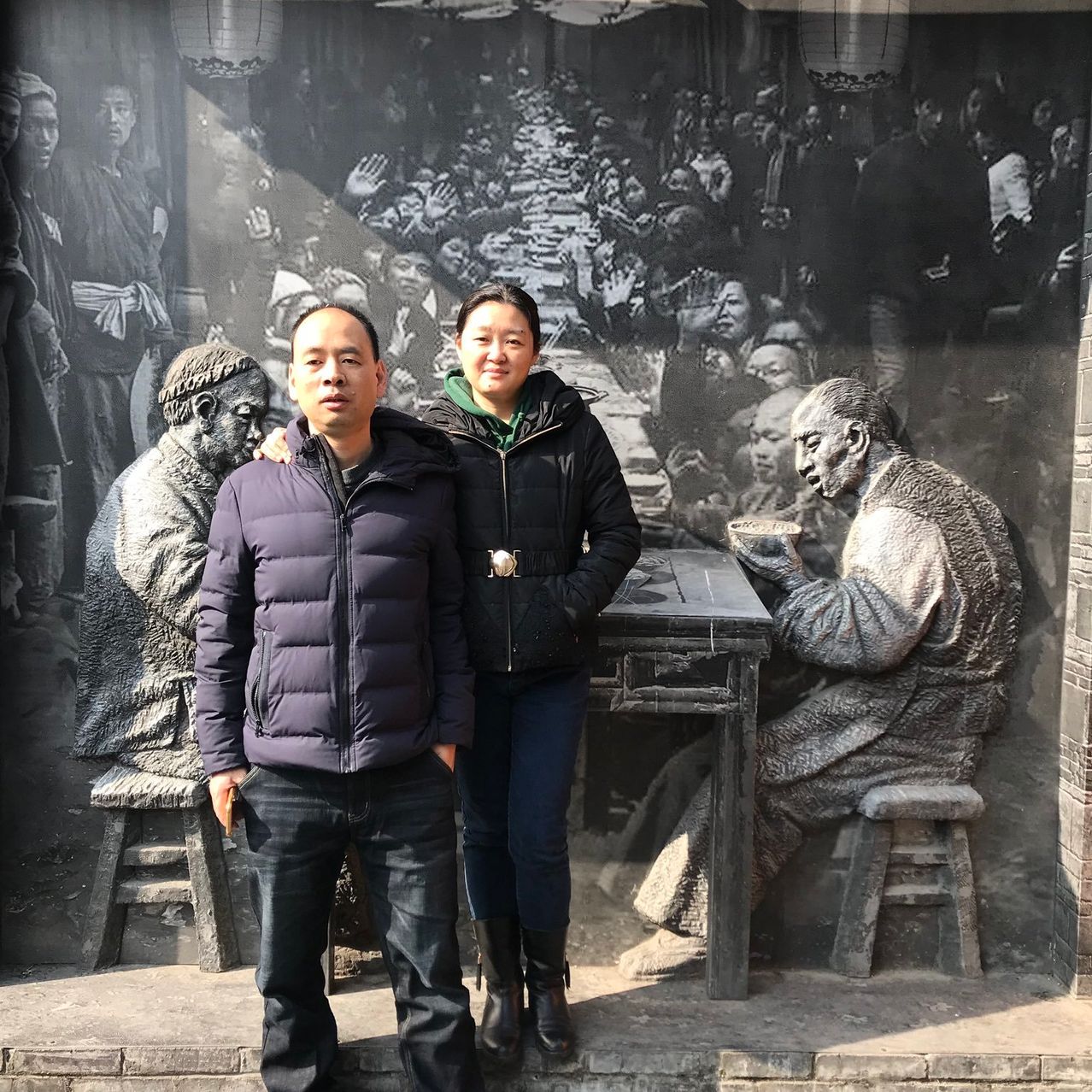
Yuyu: Over the Mekong
Yuyu made his break for Thailand in the early evening of May 12. He and his boatman slinked into the metal craft, just a couple of feet wide.
Just as they were about to set off, a rainstorm rolled in and sent border guards running for shelter. The boat glided across the river undetected. Within minutes, he stepped onto Thai soil.
Yuyu first went to Bangkok to meet up with his wife, who had stayed behind in China and flew in to join him. The couple moved around Thailand, renting various apartments to throw off any pursuers.
The couple marked Yuyu’s birthday in June by treating themselves to some pizza. The following month, he went on social media to tell his supporters that he had left China but “remained in danger.” He said that if he ran into any trouble, a friend was ready to publicize it.
Siwei: In detention
Officers put Siwei into a car, a scene captured on video by a ChinaAid member, and drove him to a nearby airport, where they held him for a night before transferring him to an immigration jail. His cell, less than 130 square feet in size and sometimes shared with others, had a toilet in one corner and bamboo mats to sleep on. Steady rain outside kept it cold and damp.

According to Safeguard Defenders, a rights watchdog, the Chinese Embassy in Laos sent a letter, dated Sept. 11, conveying a request from China’s Public Security Ministry for Laotian authorities to hand over Siwei to face charges of illegally crossing the border.
Siwei’s wife and rights activists started raising the alarm on his detention, hoping to deter Laos from deporting him. More than 80 rights groups issued a joint statement voicing concern over his detention, and U.K.-based activists held a demonstration in front of the Laotian Embassy in London. A group of U.N. experts urged the Laos government to let him reunite with his family.
In Washington, Rep. Chris Smith (R., N.J.), chairman of the Congressional-Executive Commission on China, called on the U.S. chargé d’affaires in Laos to raise Siwei’s case with local authorities.
While other instances of Chinese nationals being repatriated by Laos to China typically unfolded within days or weeks, Siwei’s detention stretched into a month, and then beyond. “We have never seen anything like it,” said Peter Dahlin, founder of Safeguard Defenders, who was coordinating efforts to lobby for Siwei’s release.
Through patchy conversations with prison guards, sometimes through translation apps, Siwei found out that lawyers and activists outside were working to get him out. That knowledge, he said, gave him faith that he would be freed.
Yuyu: Waiting in fear
In Bangkok, with help from rights activists and humanitarian groups, Yuyu submitted papers to the U.N. refugee agency and sought asylum in Western countries. After weeks of phone calls, emails and interviews, he was granted refugee status. The Canadian government agreed to take him in.
On his last day in the city, Yuyu spent several hours in detention at an immigration jail as punishment for entering Thailand illegally. He had a moment of panic when some Chinese police officers came in at one point. Yuyu put on a mask to hide his face. Apparently they were there to look for other detainees.
Yuyu and his wife left Bangkok on Sept. 25 on a Korean Air flight bound for Incheon airport, outside Seoul—the first of two stops to Calgary.
Only after his flight took off from Incheon the next day did Yuyu relax. “I didn’t have to wait in fear any more,” he said.
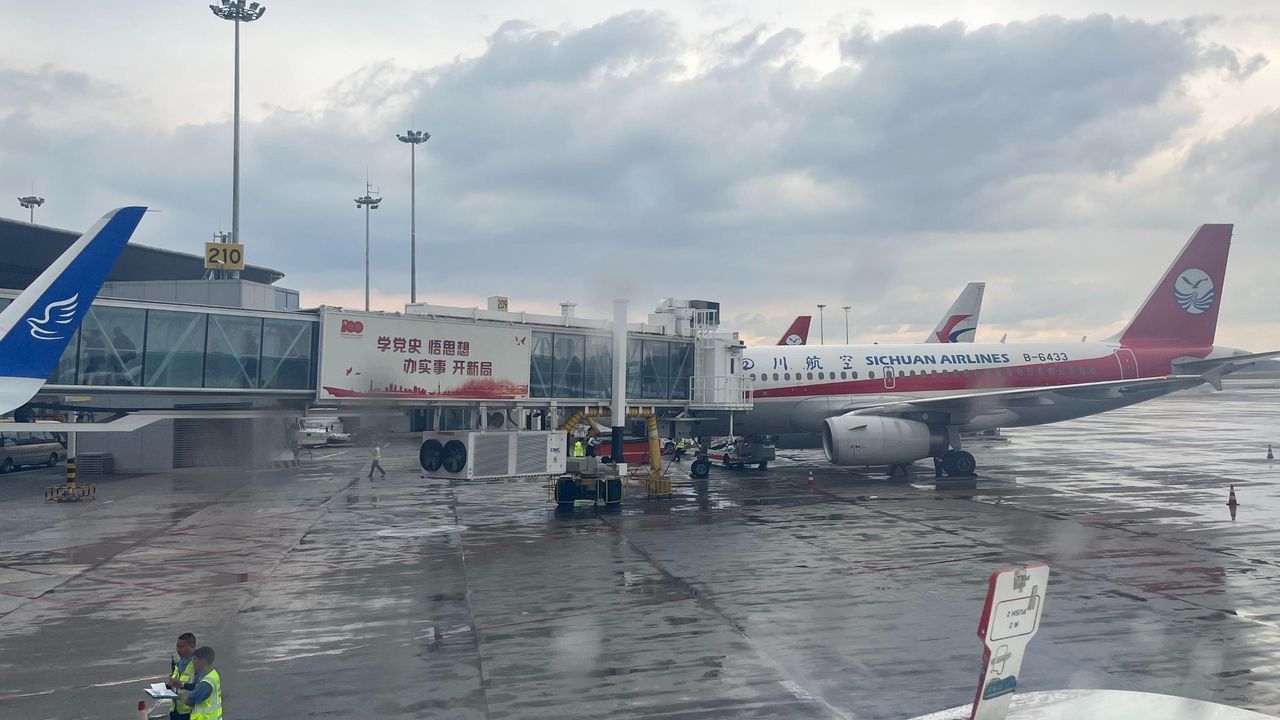
Siwei: ‘Forced repatriation’
Two days before Yuyu stepped on the plane, on Sept. 23, Laotian officers brought Siwei to a group of Chinese officials. Only then did he realize that his escape attempt was over.
During the handover, Siwei asked for his personal items to be returned. A Laotian officer slapped him, he said.
Later that day, Fu, the activist pastor, received a tip that Laotian authorities planned to send Siwei back to China. By the time the U.S. Embassy in Laos sent diplomats to the airport in Vientiane in hopes of locating him, it was too late. Siwei was already back in China at a detention center.
Weeks later, after it became clear that Siwei had been sent back, the U.S. State Department condemned what it called his “forced repatriation.”
Chinese authorities accused Siwei of illegally crossing the national border, an offense punishable with fines and a jail sentence of up to one year. He was later released on bail. Prosecutors haven’t proceeded with the charge and no trial has been set. Siwei, now 51, believes that authorities left the charge in place as a way to keep him in check.
Siwei has struggled to find work since his release. He borrowed money to rent an apartment and hopes to find work as a paralegal.
He said he doesn’t regret his escape attempt. “I can’t really say for sure what happened, whether they discovered me ahead of time, were just waiting for a lucky break, or caught me by chance,” he said.
In Calgary, Yuyu said he is brushing up his English and settling into his new home. The 46-year-old launched a new project to track social unrest in China, scouring Chinese social media for posts about protests and publishing his findings on platforms like X and YouTube.
He credits his escape to good fortune. “Whether we can get out, it all depends on luck. There were simply too many variables, and too many risks,” he said. “We can only count on heaven’s will.”
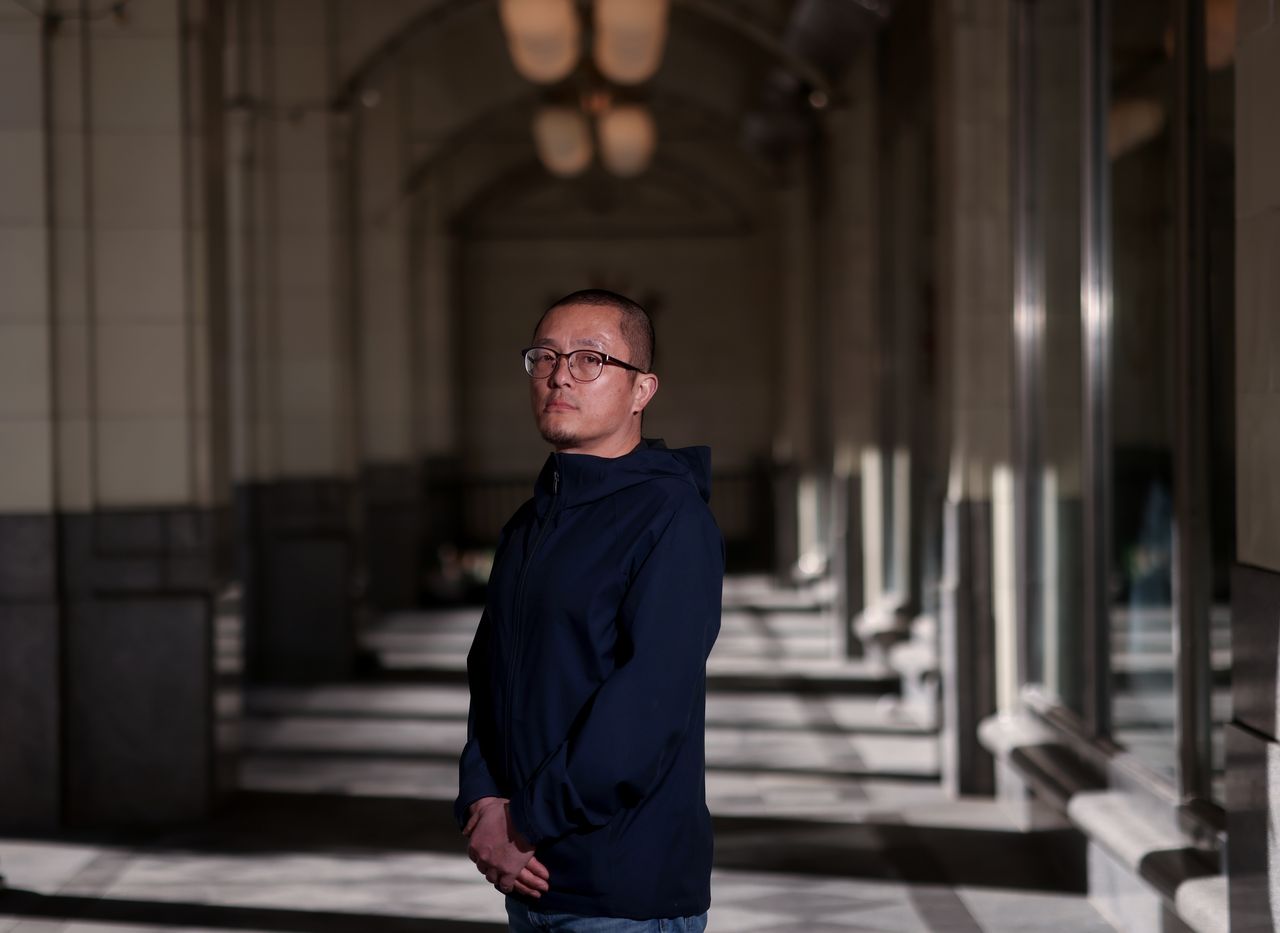
Write to Chun Han Wong at [email protected]
